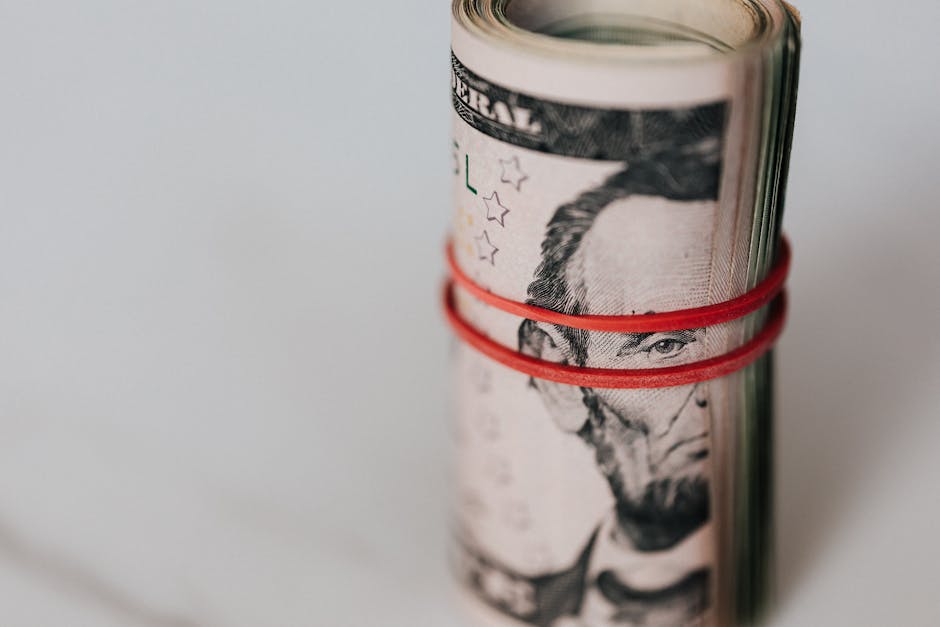**
A Controversial Expenditure on Luxury
In a move sparking a fierce debate on public propriety, India’s anti-corruption ombudsman, the Lokpal, is set to purchase two new BMW luxury sedans for its top officials. The expenditure, pegged at over ₹1.38 crore, will consume more than 10% of the institution’s entire annual budget—a decision critics are calling tone-deaf and contrary to the very spirit of the organisation.
The approved purchase is for two BMW 520d M Sport sedans, intended as official vehicles for the Lokpal Chairperson and its members. This single expenditure on luxury transport accounts for a staggering 12% of the Lokpal’s allocated budget of approximately ₹11.5 crore for the 2024-25 financial year.
Kiran Bedi Leads Criticism: ‘A Truly Avoidable Decision’
Weighing in on the controversy is one of the most prominent faces of the anti-corruption movement that led to the Lokpal’s creation, Dr. Kiran Bedi. The former IPS officer and Lieutenant Governor of Puducherry, known for her history of frugal public service, did not mince words.
Speaking to the media, she termed the Lokpal’s decision as “truly avoidable.”
Bedi’s criticism carries significant weight, as she represents the idealism that fuelled the demand for a Lokpal. “The message from such high offices must be of frugality and not of opulence,” she emphasised, pointing out that several other comfortable, safe, and domestically manufactured vehicles are available at a fraction of the cost.
A Betrayal of Foundational Ideals?
The irony of the situation is not lost on observers. The Lokpal was born out of the massive India Against Corruption civil society agitation, which championed austerity, transparency, and accountability in public life. It was envisioned as a powerful watchdog that would hold the highest offices in the country to account. The decision to spend a significant portion of its budget on German luxury cars, therefore, strikes a jarring note against this foundational philosophy.
Optics vs. Protocol: The Heart of the Debate
While the purchase may adhere to government rules for official vehicles for high-ranking dignitaries, the issue is one of optics and symbolism. In a nation where every taxpayer rupee is precious, should the very institution tasked with fighting corruption be seen indulging in such extravagance?
Defenders might argue that the offices of the Lokpal Chairperson and its members command a stature requiring vehicles that offer adequate security and comfort. However, this argument wilts under the glare of public perception. The moral authority of the Lokpal is its greatest asset, and that authority is built on the public’s trust that it stands apart from the very culture of excess it is meant to police.
When the watchdog itself prioritises luxury, its bark against the financial impropriety of others risks sounding hollow. As the Lokpal prepares to add these high-end sedans to its fleet, it risks driving a wedge between itself and the people it was created to serve. As Dr. Bedi rightly pointed out, this was a decision that was, and remains, truly avoidable.
**




